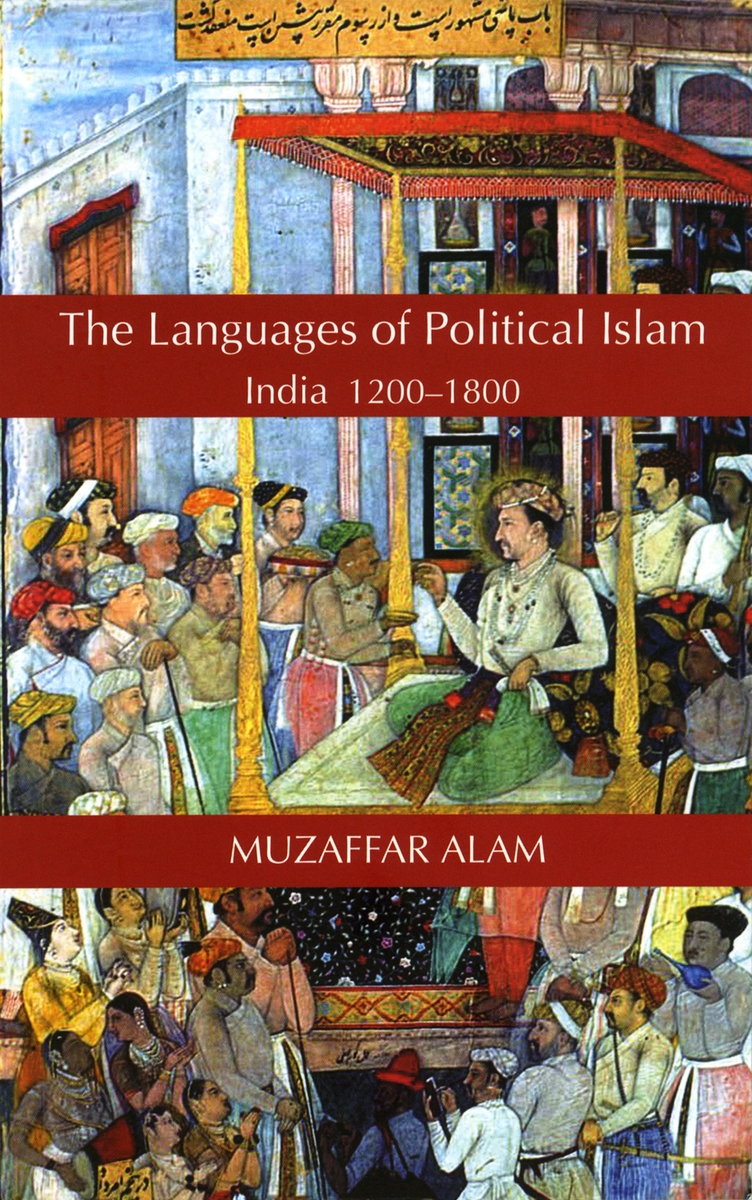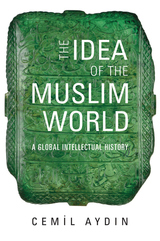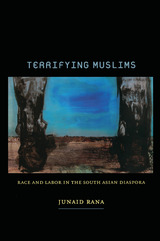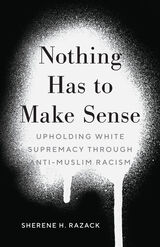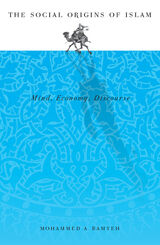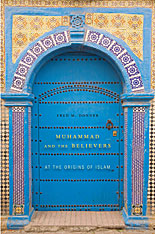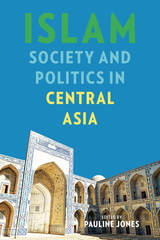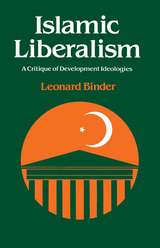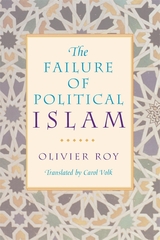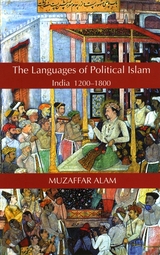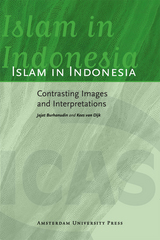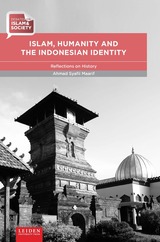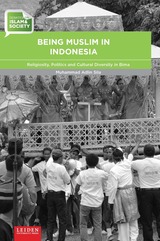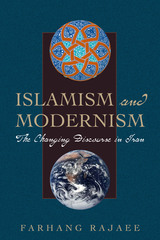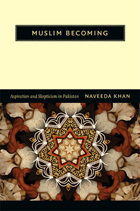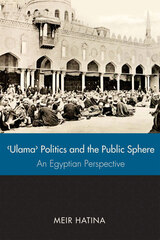The Languages of Political Islam: India 1200-1800
University of Chicago Press, 2004
Cloth: 978-0-226-01100-4 | Paper: 978-0-226-01101-1
Library of Congress Classification BP63.I4A64 2004
Dewey Decimal Classification 297.2720954
Cloth: 978-0-226-01100-4 | Paper: 978-0-226-01101-1
Library of Congress Classification BP63.I4A64 2004
Dewey Decimal Classification 297.2720954
ABOUT THIS BOOK | AUTHOR BIOGRAPHY | REVIEWS | TOC
ABOUT THIS BOOK
The Languages of Political Islam illuminates the diverse ways in which Islam, from the time of its arrival in India in the twelfth century through its height as the ruling theology to its decline, adapted to its new cultural context to become "Indianized."
Muzaffar Alam shows that the adoption of Arabo-Persian Islam in India changed the manner in which Islamic rule and governance were conducted. Islamic regulation and statecraft in a predominately Hindu country required strategic shifts from the original Islamic injunctions. Islamic principles could not regulate beliefs in a vast country without accepting cultural limitations and limits on the exercise of power. As a result of cultural adaptation, Islam was in the end forced to reinvent its principles for religious rule. Acculturation also forced key Islamic terms to change so fundamentally that Indian Islam could be said to have acquired a character substantially different from the Islam practiced outside of India.
Muzaffar Alam shows that the adoption of Arabo-Persian Islam in India changed the manner in which Islamic rule and governance were conducted. Islamic regulation and statecraft in a predominately Hindu country required strategic shifts from the original Islamic injunctions. Islamic principles could not regulate beliefs in a vast country without accepting cultural limitations and limits on the exercise of power. As a result of cultural adaptation, Islam was in the end forced to reinvent its principles for religious rule. Acculturation also forced key Islamic terms to change so fundamentally that Indian Islam could be said to have acquired a character substantially different from the Islam practiced outside of India.
See other books on: Islam and politics | Islamic law | Languages | Political Islam | Sufism
See other titles from University of Chicago Press
